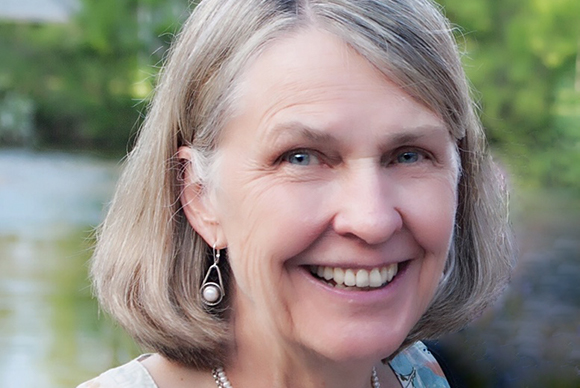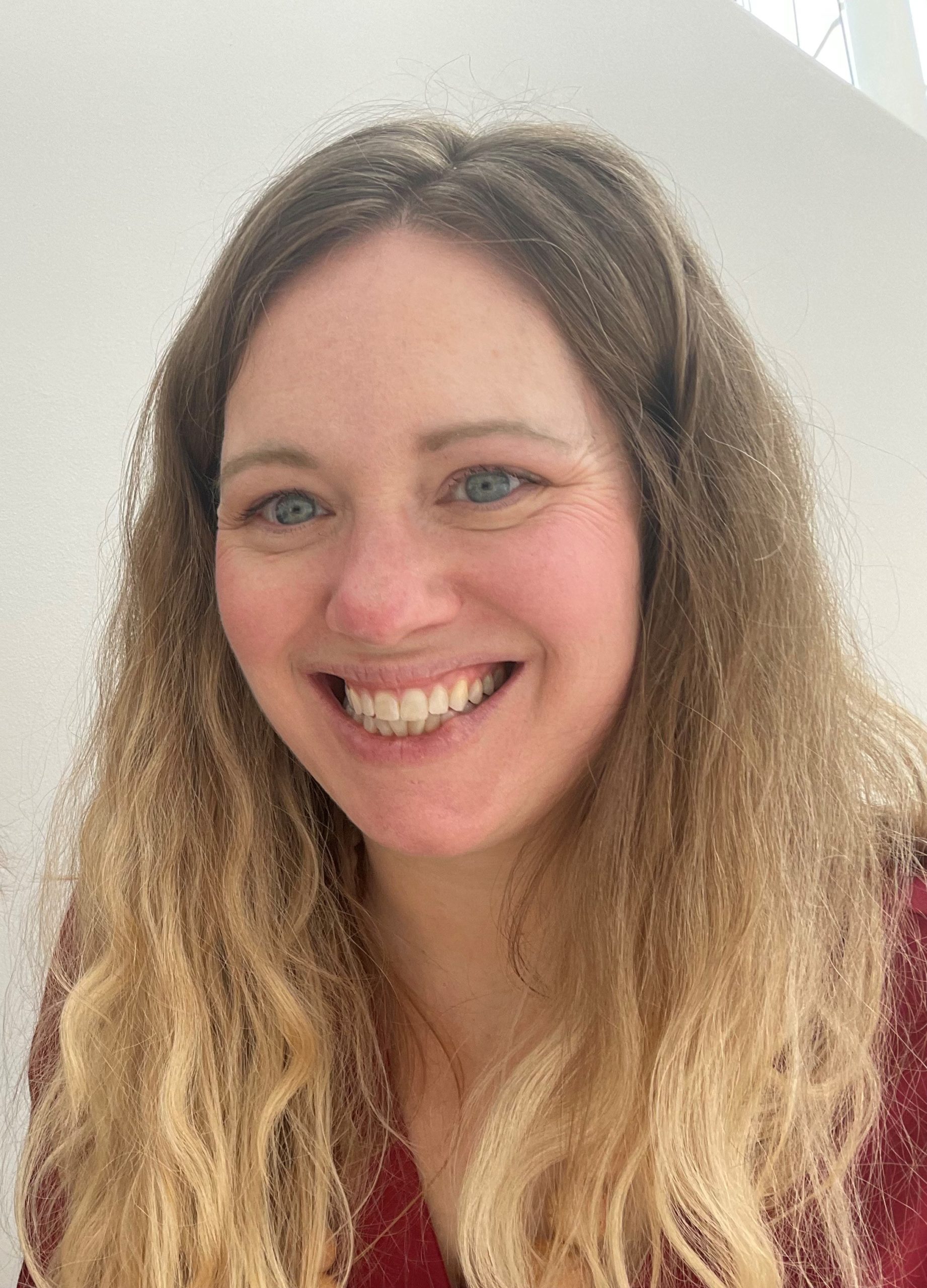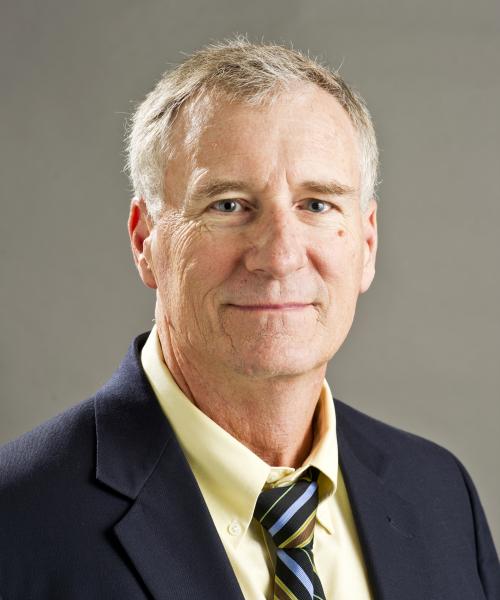2025 Spring Training Institute Outstanding Performer Awards
Paradise Ballroom ABC
The Department of Mental Health, Division of Behavioral Health, is recognizing three Outstanding Performers for Housing, Supported Employment, and Recovery Support Services. These awards go to agencies that exemplify the DMH Mission of serving, empowering, and supporting Missourians to live their best lives.
The Department of Mental Health, Division of Behavioral Health, is recognizing three categories of Outstanding Performers this year: Recovery Support Services, Supported Employment, and Housing. These awards go to agencies that exemplify the DMH Mission of serving, empowering and supporting Missourians to live their best lives.
The 2025 Outstanding Performer Award for Recovery Support Services is Recovery Lighthouse.
Recovery Lighthouse is a Recovery Support Access Site managing vouchers for the Central Region of the state. They provide an array of recovery support services, including counseling, support groups, housing, and peer coaching. They have developed the curriculum for the Family Recovery Program and have generously trained other providers on this model. They started two new Recovery Community Centers in 2024: Beacon of Hope Recovery Community Center in Sedalia and The Pier Recovery Community Center in Warrensburg. These new Recovery Community Centers are already a valuable resource in their communities.
Pictured accepting the award for Recovery Lighthouse is Adriatik Likcani, Executive Director, and his recovery team.
The 2025 Outstanding Performer Awardee for Supported Employment is FCC Behavioral Health.
FCC Behavioral Health has demonstrated a strong commitment to implementing the evidence-based practice of supported employment known as Individual Placement and Support (IPS). FCC Behavioral Health has consistently scored in the highest range of fidelity to the IPS model and has one of the highest employment outcomes in the state. They have initiated innovate practices and shown great ambition in offering IPS services to rural/underserved areas. FCC has a strong collaborative partnership with Missouri Vocational Rehabilitation.
Pictured accepting the award on behalf of FCC is Aaron Floyd, IPS Supervisor, and the FCC team.
The 2025 Outstanding Performer Awardee for Housing is FCC Behavioral Health.
FCC Behavioral Health offers a variety of housing services for persons experiencing homelessness who suffer from mental health or substance use disorders. FCC Behavioral Health has a variety of innovative housing programs including Permanent Housing Program (PHP), Cape Women and Children’s Program, SEMO Safe Haven, New Beginnings, Housing Liaison, PATH and assist with Shelter Plus Care. FCC Behavioral Health is an early adopter of best practices and continuously looks for new opportunities to expand services and options.
Pictured accepting the Housing award for FCC Behavioral Health is Noble Shaver and Tammie Bratton.









